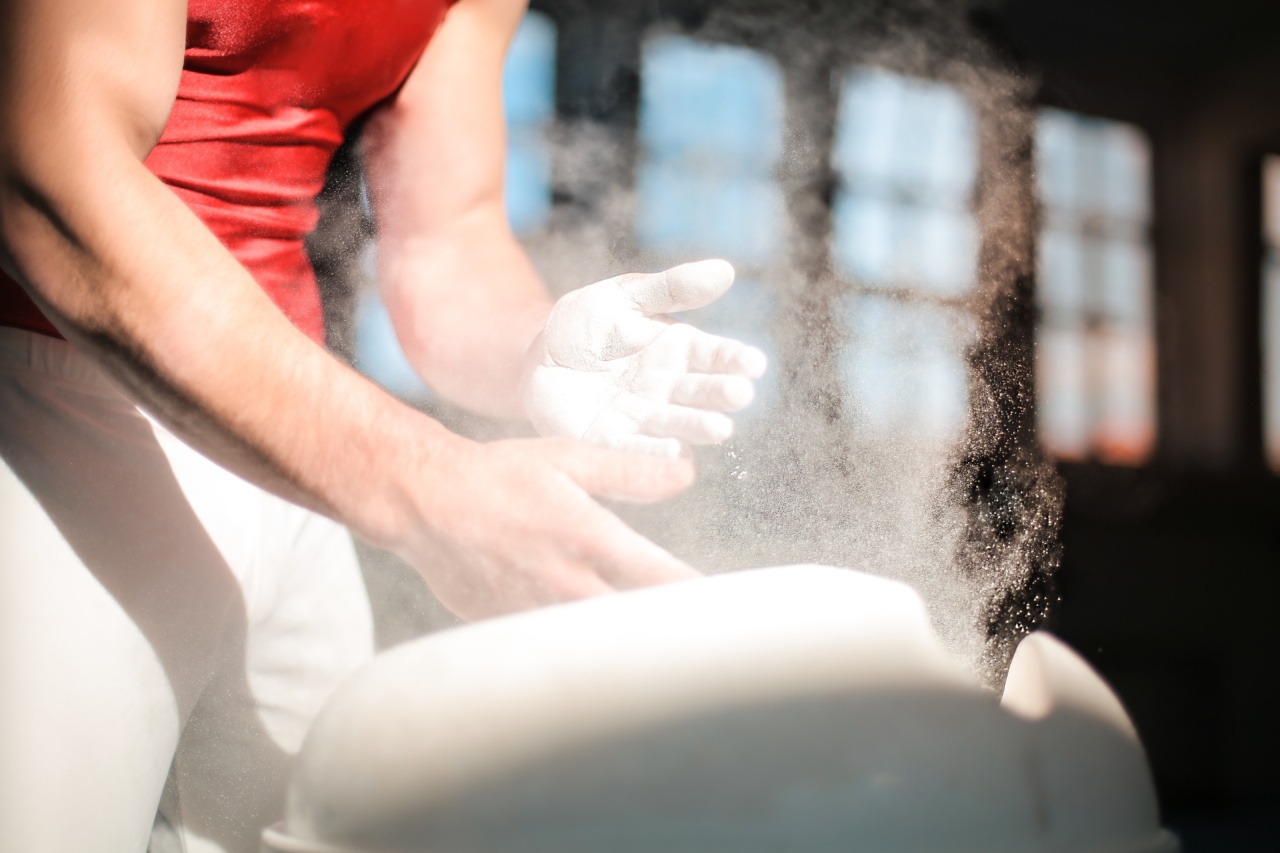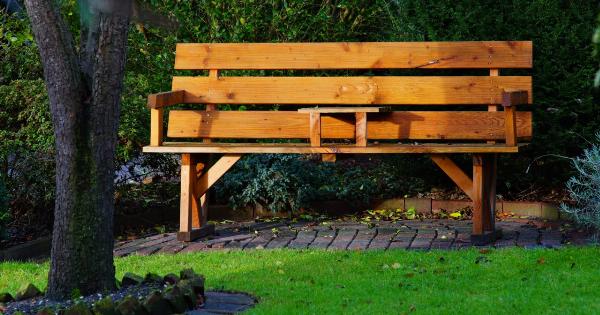As we age, our bodies undergo various changes that could lead to bone and muscle loss. Reduced activity levels and hormonal changes are the leading causes of these changes.
The good news is that there are various ways that you can protect yourself from age-related bone and muscle loss. In this article, we will take a closer look at these methods.
What causes Age-Related Bone and Muscle Loss?
It is essential to understand the primary causes of age-related bone and muscle loss to address them effectively. Here are some of them:.
Inactivity
Reduced physical activity is the primary cause of age-related bone and muscle loss. When you are inactive, you tend to lose muscle mass and bone density, which could lead to fragile bones and increased risk of falls.
Hormonal Changes
The decline in estrogen and testosterone levels in women and men, respectively, with age could cause bone loss. These hormones play a critical role in maintaining bone density.
Genetics
Genes play a role in determining your bone mass and muscle strength. If you inherited weak bones and low muscle mass from your parents, you might be at increased risk of age-related bone and muscle loss.
Poor Nutrition
A diet that lacks adequate amounts of calcium, vitamin D, and protein could lead to age-related bone and muscle loss.
How to Protect Yourself Against Age-Related Bone and Muscle Loss
Here are some steps that you can take to protect yourself against age-related bone and muscle loss:.
Engage in Regular Exercise
Regular exercise is the most effective way to prevent bone and muscle loss. Engage in weight-bearing exercises, such as walking, running, and strength training, to strengthen your muscles and bones.
Eat a Balanced Diet
Your diet can help prevent age-related bone and muscle loss. Consume foods rich in calcium, vitamin D, and protein, such as dairy products, leafy greens, nuts, and fish.
Quit Smoking and Reduce Alcohol Intake
Smoking and excessive alcohol consumption could lead to bone and muscle loss. Quit smoking, and limit alcohol intake to protect yourself from age-related bone and muscle loss.
Take Supplements
If your diet lacks adequate amounts of calcium, vitamin D, and protein, consider taking supplements. Consult your doctor before taking any supplements to determine the right doses for you.
Get Enough Sleep
Getting enough sleep could promote muscle and bone strength. Aim to get at least 7-8 hours of sleep every night.
Manage Stress
Stress could lead to muscle loss and bone density reduction. Engage in stress-relieving activities, such as meditation, yoga, or deep breathing, to manage your stress levels.
Speak to Your Doctor
If you are at risk of age-related bone and muscle loss, speak to your doctor about measures you can take to protect yourself. Your doctor may recommend supplements, medication, or physical therapy.
Conclusion
Age-related bone and muscle loss is a common problem among aging adults, but it doesn’t have to be inevitable.
Engage in regular exercise, eat a balanced diet, quit smoking and reduce alcohol intake, take supplements, get enough sleep, manage stress, and speak to your doctor to protect yourself from age-related bone and muscle loss.






























